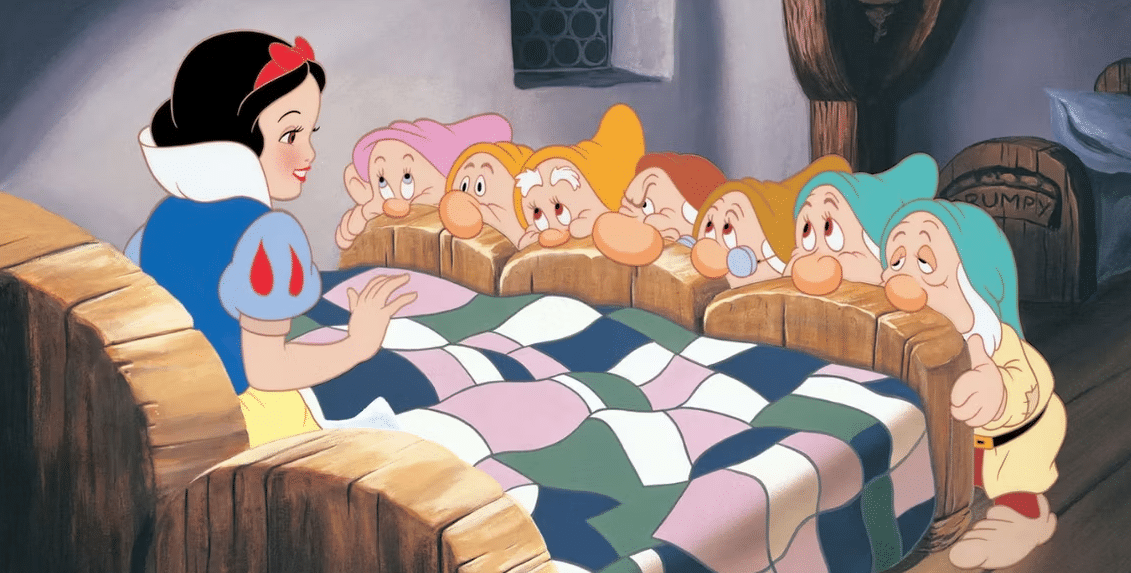Snow White and the Seven Dwarfs. Let the title swirl on the tongue and feel how it cuts against today’s inflamed political dogmas. For the ideologically sensitive, it burns.
The film giant Disney has decided to make a feature film out of the whole thing, and emotions have caused a heated debate.
It wouldn’t have been worth noting if it weren’t for the fact that the American film industry is in crisis. They crank remakes on remakes, and they produce franchises endlessly. The lack of ideas is apparent. But they have also sided with the so-called woke movement. Doctrines of inclusivity, representation, and cultural orders of power now prevail; historical authenticity and free creative art have been set aside. Hollywood has become politicized.
The concept of “Snow White” is therefore made for a dark-skinned actor to take the lead role in the hope that people will be upset. The American obsession with skin color is of that nature, although the media has had trouble finding sentiments of rebellion in this case.
However, the main political track is of a different kind. It is feministically problematic that a prince saves Snow White. Rachel Zegler and Gal Gadot, who play Snow White and the Wicked Queen, enthusiastically explain to reporters that “it’s not 1937 anymore!” And further (freely translated), “The prince will not save her, and she will not dream of true love. She dreams of becoming the leader she knows she can be.”
Already in 1937, there was a short circuit. The question is whether the actors even know that Snow White is an Old German fairy tale, one of many where love, wicked queens, and heroic princes are essential components of a meaning-making world of symbols.
In any event, Hollywood has not been able to escape the question of the seven dwarfs. The actor Peter Dinklage, known as the short Tyrion Lannister in Game of Thrones, attacked the production early on, saying that the whole story was offensive because of the dwarves. Disney responded in horror by hiring average-height people as midgets. They did not want to reproduce stereotypes. But then, instead, voices were raised in protest against that decision. It was discrimination against short actors!
At that point, one must ask: why is Disney making this movie when they don’t like the story?
It’s a conundrum that may not concern many outside of Disney headquarters. It’s their money, and whoever doesn’t like the movie doesn’t have to see it (which many consider an obvious scenario, Disney has already had several miscalculations due to politicized film).
But Disney’s navigation of this is a grim reminder of the current cultural climate. Fewer and fewer films are stories in their own right. Instead, they are expected to be representations of a strict intersectional overarching ideology.
Meanwhile, movies like Mission Impossible: Dead Reckoning has done very well at the box office. Such films are a reminder of a time when it was allowed to have fun.

